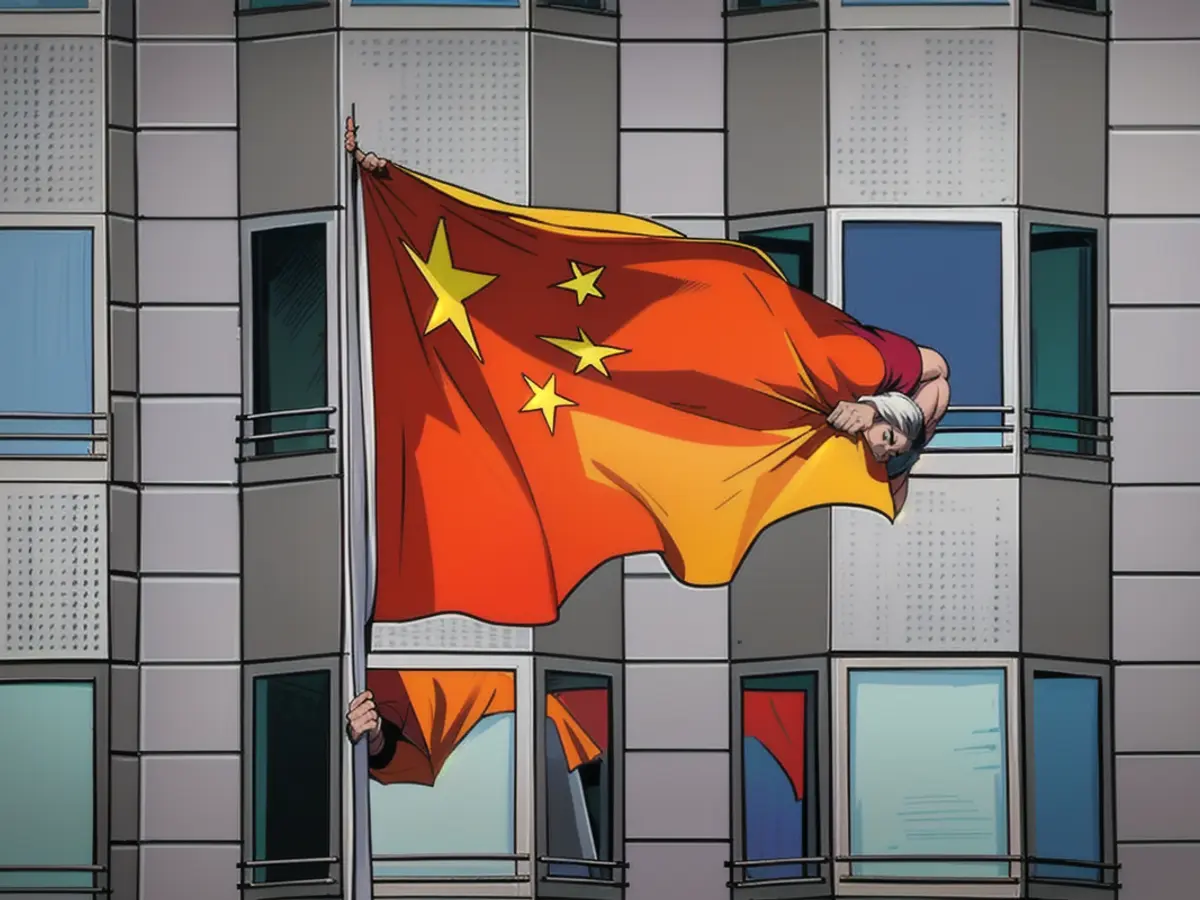Stoltenberg sees no problem in Erdogan's closeness to Hamas
NATO Secretary General Jens Stoltenberg sees no problem for the alliance in Turkish President Recep Tayyip Erdogan's proximity to the Islamist Hamas. "It is never easy when we have different views within the alliance," said Stoltenberg in an interview with the German Press Agency. However, "in a way, this has no influence on what we do or don't do, because we don't play a role in this particular conflict."
For Erdogan, Hamas is a "liberation organization"
After the terrorist attack on Israel that left more than 1,400 dead, Erdogan described the Islamist Hamas as a "liberation organization". The USA and the EU, which are allied with Turkey in NATO, classify it as a terrorist organization.
As a result of the Gaza war, Erdogan has broken off contact with Israeli Prime Minister Benjamin Netanyahu. "Netanyahu is no longer any kind of interlocutor for us. We have deleted him, we have crossed him out," says Erdogan. In the past, the Turkish president had already described Israel as a "terrorist state" due to its Palestinian policy and repeatedly presented himself as a champion of the Palestinian cause.
Hardly any criticism from NATO - Scholz wants to receive Erdogan
There has been hardly any open criticism of Erdogan's stance from NATO allies. This also applies to Federal Chancellor Olaf Scholz (SPD), who will probably receive Erdogan in Berlin next week.
Stoltenberg rejected speculation that the reluctance of the allies could be linked to Turkey's pending ratification of Sweden's accession to NATO. "These are two very different issues," he said. The Turkish government had only submitted the documents for ratification to parliament after the start of the Gaza war. "So in the middle of this crisis, Turkey implemented the agreement we reached at the NATO summit in Vilnius in July of this year, where Sweden committed to doing more in the fight against terrorism."
Stoltenberg emphasized that no ally had suffered more terrorist attacks than Turkey. He pointed out that the Kurdish PKK is also classified as a terrorist organization by the EU.
UN vote reveals disunity within NATO
The 31 NATO member states also voted very differently in the UN General Assembly when adopting the resolution for a ceasefire in Gaza. Turkey voted in favor together with large EU states such as France and Spain. Germany, the UK and some other NATO members abstained. The USA and a few EU states such as the Czech Republic and Hungary voted with Israel against the resolution, which contains no criticism of Hamas.
"Even if the NATO allies agree on many basic principles, I am not trying to hide the fact that there are also differences," said Stoltenberg. But that is because Nato is an alliance of 31 nations and this conflict is extremely complex and dangerous. "And that is also the reason why it is so important to continue to work towards a peaceful negotiated solution."
Stoltenberg sees no NATO role in the conflict
Stoltenberg cannot imagine a scenario in which NATO plays a role in the conflict. "Nato has never played a role in the Israeli-Palestinian conflict and we are not seeking a role in this conflict," he said. NATO's main task is to protect and defend the territory of the alliance. "Of course, if the conflict escalates into a larger regional conflict, NATO must ensure that it is able to protect NATO territory." But the main task now is to prevent such an escalation.
Source: www.dpa.com






